THE PATAGONIAN SUBLIME
THE PATAGONIAN SUBLIME
The Green Economy and Post-Neoliberal Politics
MARCOS MENDOZA
RUTGERS UNIVERSITY PRESS
New Brunswick, Camden, and Newark, New Jersey, and London
Library of Congress Cataloging-in-Publication Data
Names: Mendoza, Marcos, author.
Title: The Patagonian sublime : the green economy and post-neoliberal politics / Marcos Mendoza.
Description: New Brunswick, New Jersey : Rutgers University Press, 2018. | Includes bibliographical references and index.
Identifiers: LCCN 2017059111| ISBN 9780813596754 (hardback : alk. paper) | ISBN 9780813596747 (paperback : alk. paper)
Subjects: LCSH: EcotourismPatagonia (Argentina and Chile) | EcotourismEconomic aspectsArgentina. | CapitalismEnvironmental aspectsArgentina. | Nature conservationEconomic aspectsArgentina. | ArgentinaPolitics and government2002 | BISAC: SOCIAL SCIENCE / Anthropology / Cultural. | TRAVEL / Special Interest / Ecotourism. | POLITICAL SCIENCE / Public Policy / Environmental Policy. | NATURE / Ecosystems & Habitats / Mountains. | TRAVEL / South America / Argentina. | TRAVEL / South America / Chile & Easter Island.
Classification: LCC G155.A7 M46 2018 | DDC 338.4/791827dc23
LC record available at https://lccn.loc.gov/2017059111
A British Cataloging-in-Publication record for this book is available from the British Library.
Copyright 2018 by Marcos Mendoza
All rights reserved
No part of this book may be reproduced or utilized in any form or by any means, electronic or mechanical, or by any information storage and retrieval system, without written permission from the publisher. Please contact Rutgers University Press, 106 Somerset Street, New Brunswick, NJ 08901. The only exception to this prohibition is fair use as defined by U.S. copyright law.

The paper used in this publication meets the requirements of the American National Standard for Information SciencesPermanence of Paper for Printed Library Materials, ANSI Z39.48-1992.
www.rutgersuniversitypress.org
Manufactured in the United States of America
CONTENTS
APN | Administracin de Parques Nacionales (National Parks Administration of Argentina) |
CAP | Consejo Agrario Provincial (Provincial Agrarian Council of Santa Cruz) |
CBC | Community-based conservation |
DTP | Delegacin Tcnica Regional de Patagonia (Patagonian Regional Technical Delegation) |
GNI | Gross national income |
IANIGLA | Instituto Argentino de Nivologa, Glaciologa y Ciencias Ambientales (Argentine Institute for Snow, Glacier and Environmental Sciences) |
IMF | International Monetary Fund |
INDEC | Instituto Nacional de Estadstica y Censos (National Census and Statistics Institution of Argentina) |
OAS | Organization of American States |
PMLG | Plan Preliminar de Manejo, Parque Nacional Los Glaciares (Preliminary Management Plan for Glaciers National Park) |
PNLG | Parque Nacional Los Glaciares (Glaciers National Park) |
SLV | Seccional Lago Viedma (Lake Viedma Ranger Station) |
STP | Sustainable Trails Project NGO |
A pulmn | By lung, by sheer will, by the bootstraps |
Asociacin de Vecinos | Association of Neighbors |
Blanco | White, formal, visible |
Blanquear | Whiten, launder, make legitimate |
Brigada de senderos | Trail crew |
Brigadista | Seasonal ranger |
Buena onda | Good vibes |
Cmara de Comercio | Chamber of Commerce |
Charla | Informal talk |
Comerciante | Small-business owner |
Comisin de Fomento | Development Commission (state-appointed administrative council) |
Compaeros de rubro | Market-sector partners |
Comuna | Collective, community |
Empresario | Big-business owner |
Escalador | Climber |
Estanciero | Ranch or farm owner |
Fantasma social | Social ghost |
Gente humilde | Humble or common folk |
Golondrina | Patagonian swallow, seasonal service worker |
Hostera | Bed-and-breakfast |
Kirchnerismo | Political ideology of the Kirchner-Fernndez governments |
Los Kirchners | The Kirchners as individuals |
Mirador | Scenic viewpoint |
Negro | Black, informal, obscured |
No deje rastro | Leave no trace (rules of outdoor conduct) |
Paisano | Gaucho, horseman, agrarian laborer |
Porteo | Person from Buenos Aires |
Prestador | Guiding company owner |
Recorrida | Patrol |
Refugio | Chalet, hut |
Retenciones | Export taxes |
Seccional | Park ranger station |
Tierra fiscal | Public land (administered by the Consejo Agrario Provincial) |
Tirolesa | Tyrolean traverse (a cable spanning a river or chasm) |
Villa | Settlement |
This book examines post-neoliberal politics and the green economy in Argentina at a time of weakening faith in global neoliberalism. Since the election of Hugo Chvez as president of Venezuela in 1998, Latin America has witnessed the proliferation of New Left governments that have adopted a wide range of responses to the crises, conflicts, and contradictions associated with neoliberal policies and principles. Over the course of two decades, the New Left has sought to promote growth with equity and challenge the ideology of the self-regulating market (Grugel and Riggirozzi 2009, 19). Though facing a number of recent setbacks, the New Leftwhether its adherents hold office or are in the oppositionremains a key front of resistance within the Americas. The Nstor Kirchner (20032007) and Cristina Fernndez de Kirchner (20072015) presidential administrations are associated with post-neoliberal politics in Argentina. The Kirchners have worked to promote stronger state control over the economy, expand welfare programs, protect real wages, and accelerate the exploitation of natural resources, whether through extraction or conservation. With respect to the green economy, the Kirchner-Fernndez governments have implemented a green productivist agenda. I explore how strategies of capitalist development, political rule, and national representation operating within green productivism affect the Patagonian region. A binational zone that includes parts of Chile, Patagonia encompasses the Argentine provinces of Neuqun, Ro Negro, Chubut, Santa Cruz, and Tierra del Fuego (see Map P.1). In particular, I focus on the mountain village of El Chaltn and the adjacent Parque Nacional Los Glaciares (Glaciers National Park). I document the sociocultural responses of actors to a green productivist project based on ecotourism and community-based conservation within alpine landscapes. I attend to subjectivity formation and risk consciousness within the green economy, charting the enactment of concrete visions for sustainable development.


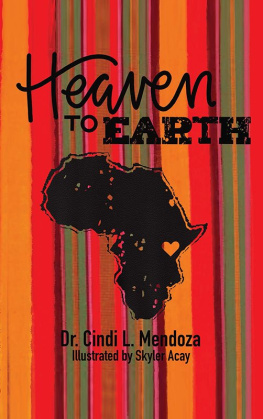
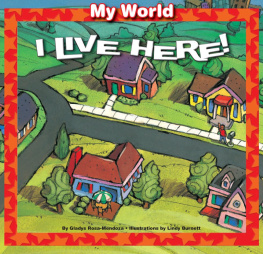
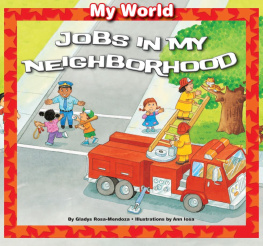
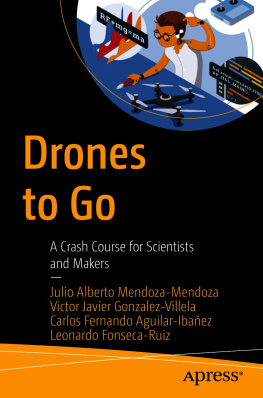
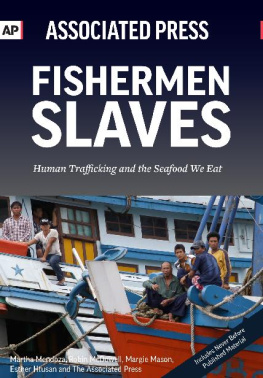

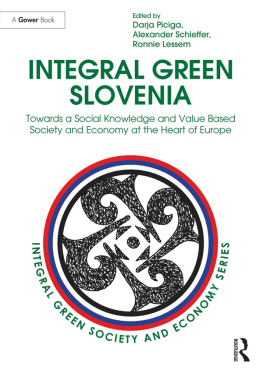
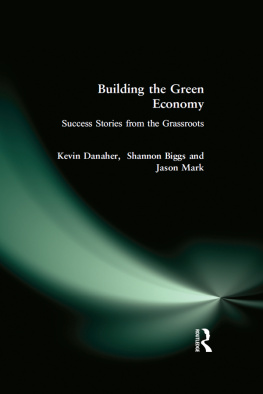
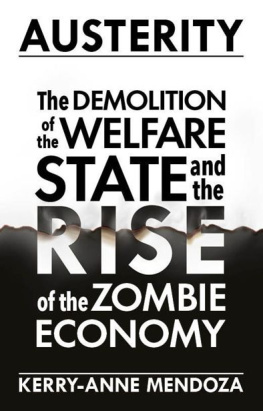




 The paper used in this publication meets the requirements of the American National Standard for Information SciencesPermanence of Paper for Printed Library Materials, ANSI Z39.48-1992.
The paper used in this publication meets the requirements of the American National Standard for Information SciencesPermanence of Paper for Printed Library Materials, ANSI Z39.48-1992.